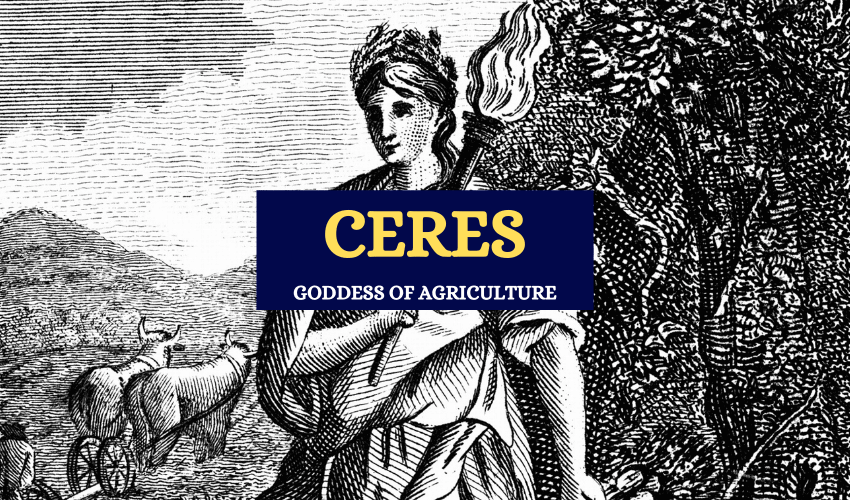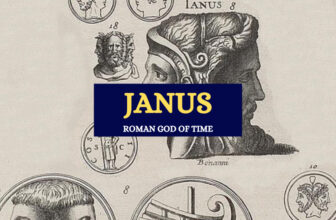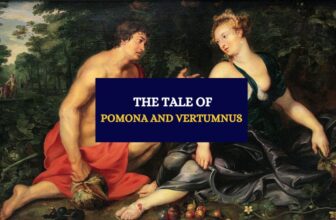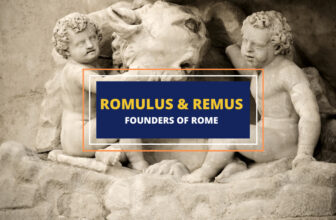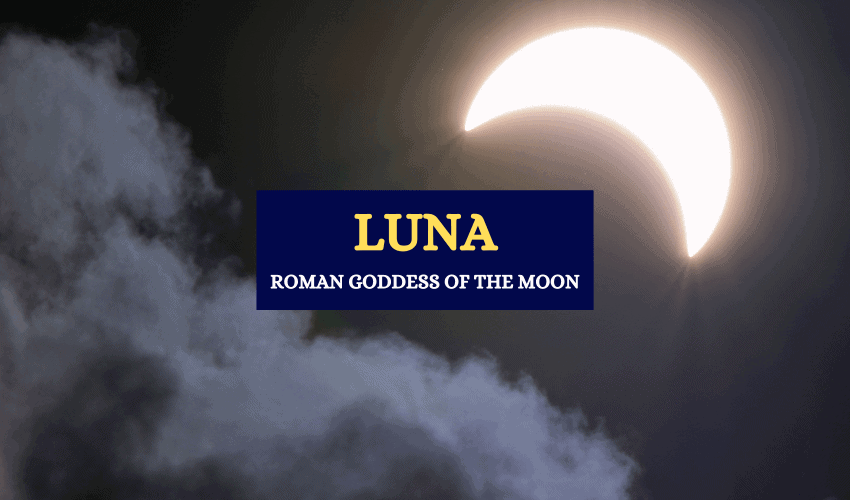
In almost every culture, moon deities exist signifying the importance placed on the moon by the people of those cultures. In Greek mythology, Selene was the goddess of the moon. She was later Romanized as Luna and became a significant deity in the Roman pantheon. While Selene and Luna are largely similar, Luna grew to have distinct Roman attributes.
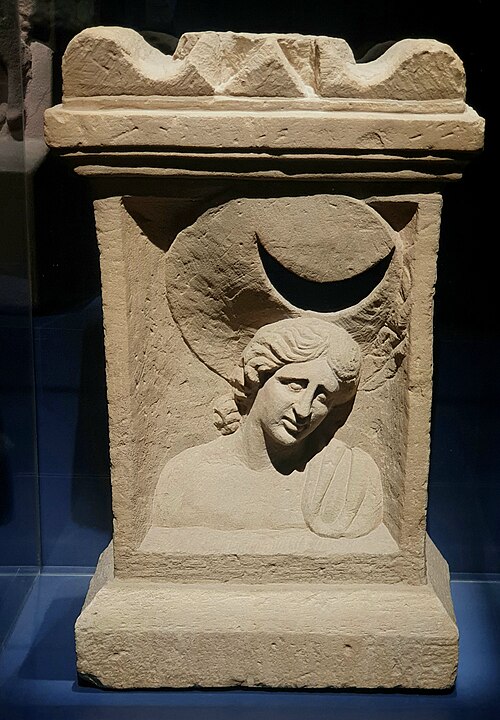
Who Was Luna?
The Romans had different deities who represented the moon, including Luna, Diana and Juno. In some cases, Luna was not a goddess but an aspect of the Triple Goddess alongside Juno and Diana. The tri-formed goddess Hecate was conflated with Luna, Diana and Proserpina by some Roman scholars.
Luna was the female counterpart of her brother, Sol, the god of the sun. Her Greek counterpart was Selene, and they share many stories due to the romanization of the Greek myths.
Luna’s main symbols were the crescent moon and the Biga, a two-yoke chariot pulled by horses or oxen. In many depictions, she appears with a crescent moon on her head and is depicted standing on her chariot.
Role in Roman Mythology
Luna has been mentioned by Roman scholars and authors as being an important deity of the time. She is included in Varro’s list of the twelve vital deities for agriculture, making her a significant goddess. The crops needed all the stages of the moon and the night for their development. For that, the Romans worshipped her for abundance in the harvests. Virgil referred to Luna and Sol as the world’s clearest sources of light. Her primordial task was to cross the sky in her chariot, symbolizing the journey of the moon through the night.

Luna and Endymion
The myth of Luna and Endymion is one of that emigrated from Greek mythology. However, this story acquired special significance for the Romans and became a theme in wall paintings and other forms of art. In this myth, Luna fell in love with the beautiful young shepherd Endymion. Jupiter had given him the gift of eternal youth and the ability to sleep whenever he wanted. His beauty amazed Luna to the extent that she came down from the heavens every night to watch him sleep and protect him.
Worship of Luna
The Romans worshipped Luna with the same importance they did other deities. They had altars for the goddess and offered her prayers, food, wine, and sacrifices. There were many temples and festivals offered to Luna. Her principal temple was on the Aventine Hill, near one of Diana’s temples. However, it appears that the Great Fire of Rome destroyed the temple during the reign of Nero. There was another temple on Palatine Hill, also dedicated to the worship of Luna.
In Brief
Although Luna might not be a goddess as famous as others, she was necessary for many affairs of daily life. Her role as the moon made her a significant character and a source of light for all humanity. Her connections with agriculture and her place among the mighty gods of Roman mythology made her a notable goddess.




